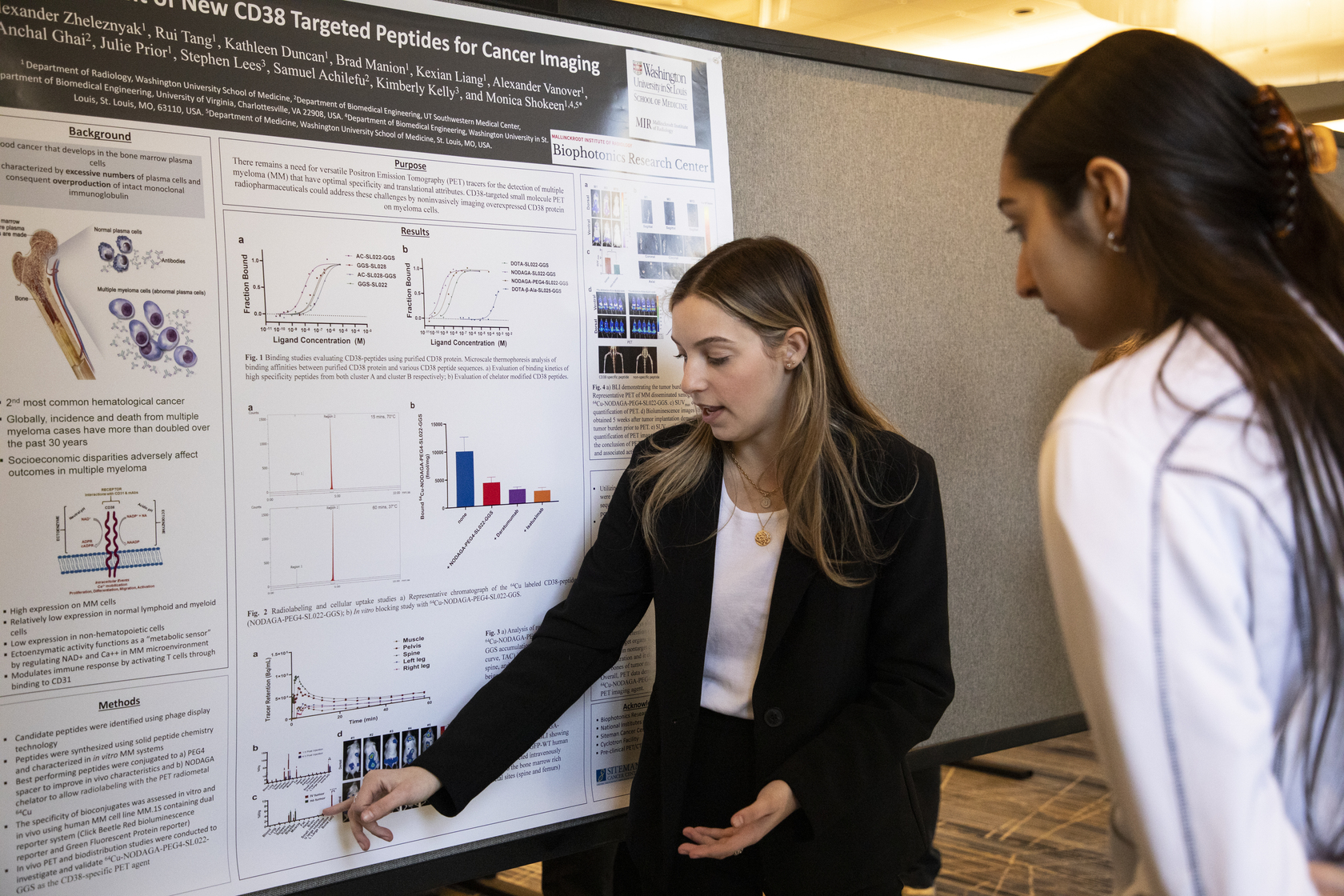Childhood Tics May Persist Longer Than Previously Expected

Tics, those repetitive involuntary sounds and movements often seen in children and adolescents, appear to last longer than originally thought, says an MIR researcher and neuropsychiatrist at Washington University School of Medicine. The news comes as a big surprise for researchers who study tics and for the physicians who treat children with them.
Approximately 20% of Children Experience Tics
“A child who’s had a tic up to six months will almost certainly still have it at the one-year anniversary of onset,” says Kevin J. Black, MD, who is conducting a study of new tics in children, 5 to 10 years old. Previously, it was widely believed that tics will almost always disappear after a few months if they are mild, says Black. They’re considered “provisional.” But Black’s ongoing research, which he believes is one of the largest face-to-face prospective studies of recent-onset tic disorder outcomes, suggests otherwise.
When to See A Doctor
Parents need not panic, nor do they need to take their child to a physician if he or she has a tic that has persisted six months or longer, says Black. “In general, there’s no absolute need to see your pediatrician unless tics are really bothering the child, interfering with family or social life or school, or if other symptoms are present too.” If that’s the case, you may want to schedule at least one visit with a doctor who has special expertise in tics, Black says. He recommends a movement-disorders neurologist or a child psychiatrist.
For more information about tics, check out these helpful FAQs.





